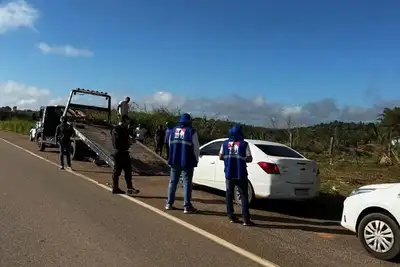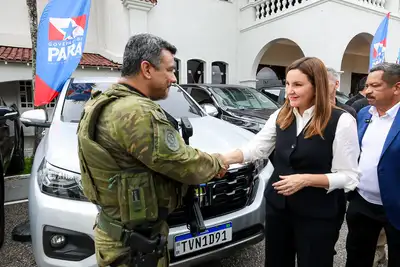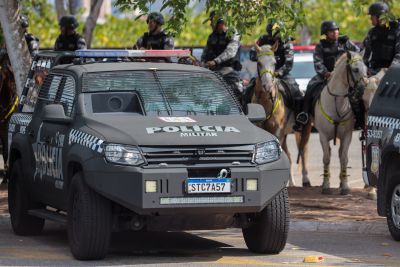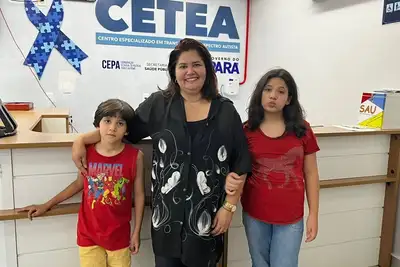Pará increases drug seizures in the first five months of 2025
Agents seized 8.9 tons of drugs, an increase of nearly 40% compared to the same period in 2024
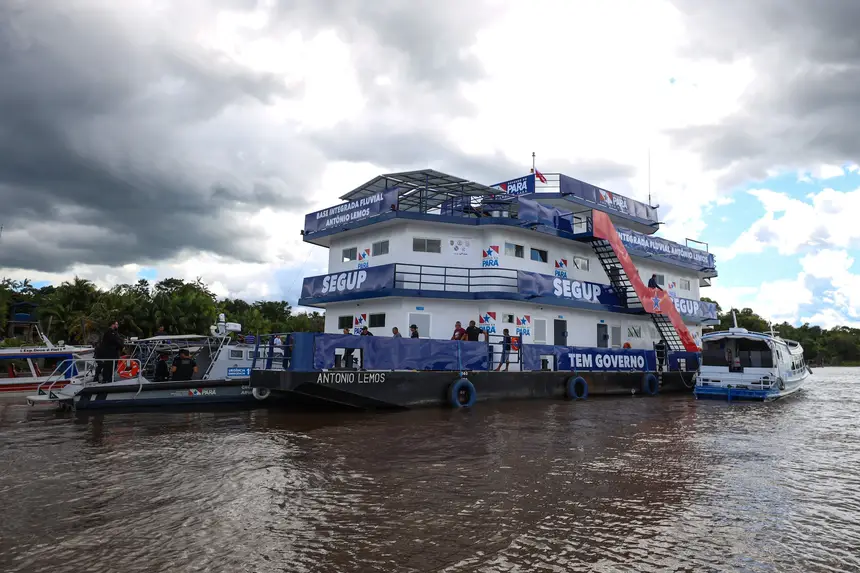
In the first five months of 2025, 8.9 tons of drugs have already been seized by agents of the state public security system. More than 4.3 tons of cocaine were seized in Pará during this period, representing a 166% increase compared to 2024, with 1.6 tons seized.
The strengthening of the fight against trafficking is a priority for the state government, which implements ongoing integrated preventive, ostensive, and repressive actions. On Thursday, June 26, the International Day Against Drug Abuse and Illicit Trafficking took place, and the state government continues to intensify inspections on the road network, with approaches to vehicles, cargo transport trucks, and personal luggage.
"This is the result of integrated actions of Public Security, such as the integrated bases, with Candiru in Óbidos and Antônio Lemos in Breves. In addition, there is a strong investment in police intelligence, artificial intelligence, and cutting-edge equipment, the best in the world, so that we can investigate more and more," highlighted the Secretary of Public Security, Ualame Machado.
The State Secretariat for Public Security and Social Defense (Segup) also reaches the hydrographic network of Pará through inspection actions on fishing boats and cargo transport ships.
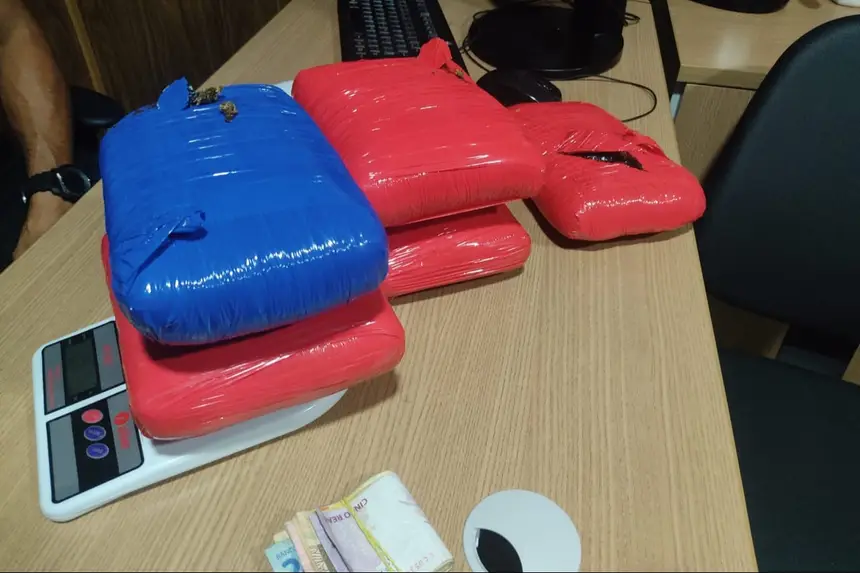
Dismantling of criminal organizations - Delegate Davi Cordeiro, from the Civil Police of Pará, responsible for the State Department of Prevention and Suppression of Drug Trafficking (Denarc), explains that the police's actions aim to seize narcotic material through a work methodology and investigation focused on identifying and depriving criminal groups of resources. The goal is to remove all financial apparatus from those involved, so they cannot finance other drug shipments.
“There are regions historically known for being drug trafficking corridors, which require attention not only from Denarc but from the entire Public Security System. There is the river route: the strait of Breves and Óbidos are main corridors and the focus of integrated river bases; the highways BR-163 (Santarém-Cuiabá) and BR-010 (Belém-Brasília) are also points of outflow to other regions, in addition to urban environments, hubs in Belém and nearby municipalities, with repeated arrests in flagrant,” highlights Delegate Davi Cordeiro.
Safe School Program - The Safe School program is developed by the State Secretariat of Education (Seduc), aiming to strengthen the implementation of actions to ensure safety, prevent violence, and reinforce the well-being of students, teachers, and the entire school community, as one of the strategies of the state government.
The program consists of the School Coexistence Advisory, which includes psychologists, social workers, and educators, who are daily in schools promoting lectures, campaigns, and discussion circles, and developing pedagogical projects to combat drugs, aiming at prevention and awareness within the school environment. Currently, the Program operates with fixed policing in 292 state schools.
“The work of psychologists and social workers in the Education Departments encourages school psychologists to work on raising awareness among students and the community to prevent the abusive use of drugs, whether legal or illegal. The effects are also addressed, the possibilities of them, the effects hindering learning and the development of any human being. Psychologists usually give lectures, group dynamics, discussion circles, restorative circles. We work with motivation for not using drugs,” explains Mário Augusto, School Coexistence Advisor.
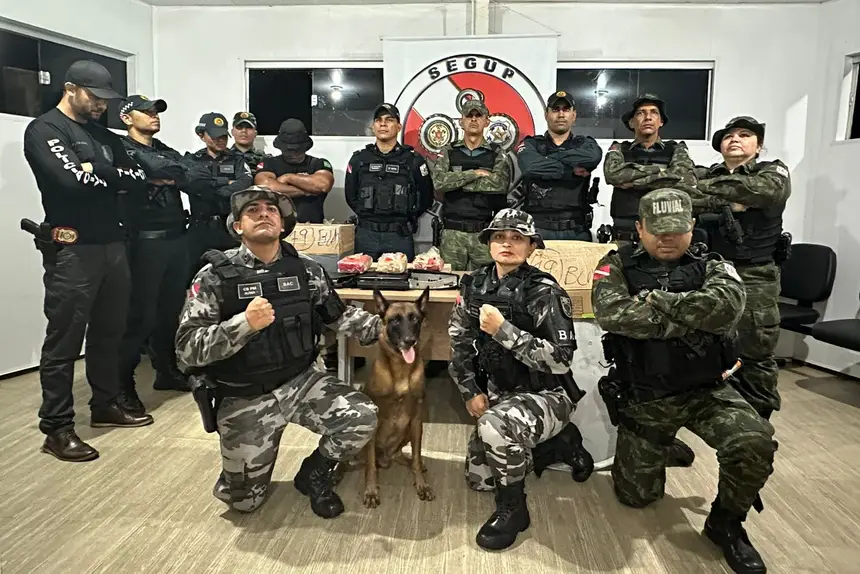
Monitoring - The Public Security and School Protection Center (Nuspe) is also part of the Safe School Program. The agents act in monitoring and planning actions based on occurrences and in preventive actions.
“We carry out preventive actions through lectures and discussion circles. It is a work to combat the use of illegal drugs in schools across all regions of the state. In the last two years that we have been in charge of the Program, we have observed a reduction in occurrences of this nature. We also have a partnership with the Educational Program for Resistance to Drugs and Violence (Proerd), from the Military Police, which consists of training children and adolescents to say no to the use of illegal drugs, and also no to violence in general,” emphasizes retired Colonel Robinson Bezerra, coordinator of Nuspe.
The population can also help further reduce violence rates by using the official Denunciation Hotline (181).





